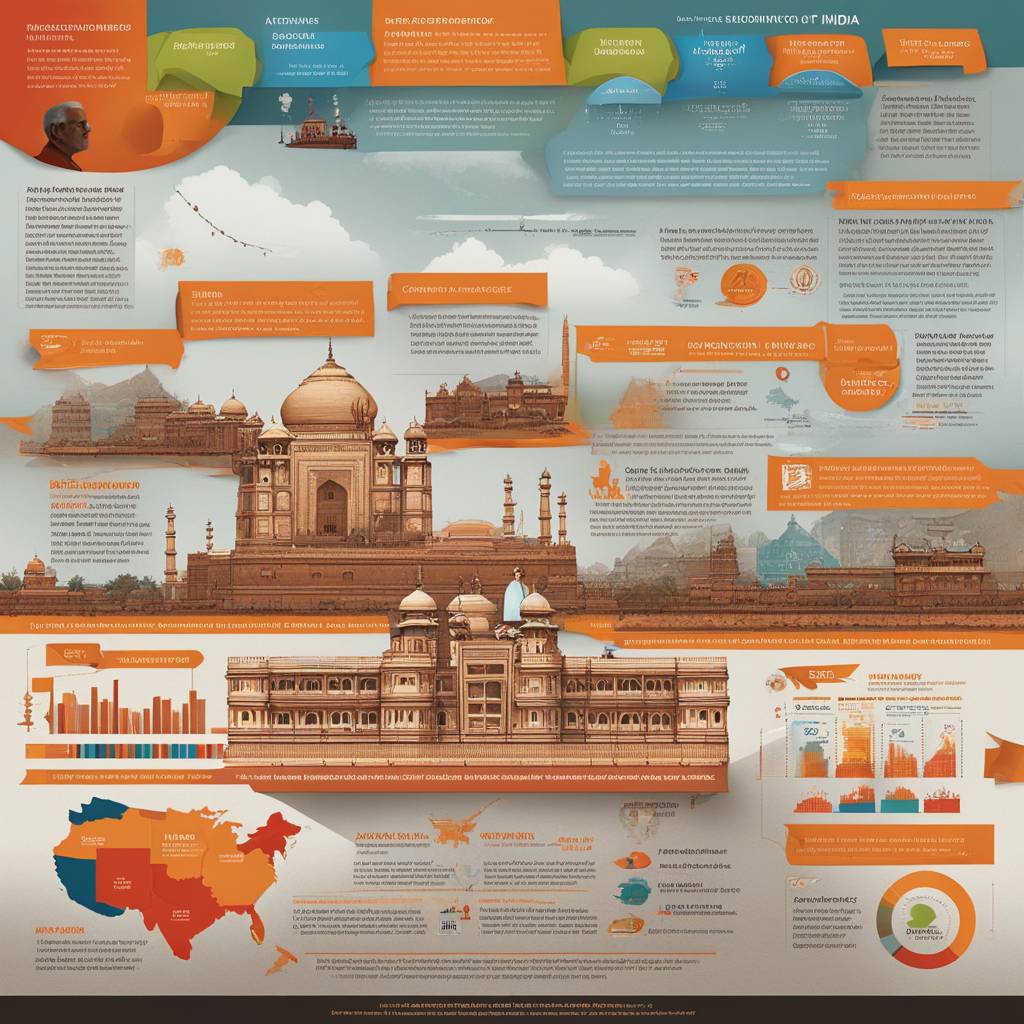Narendra Modi is well-positioned to win a third term as India’s prime minister, with strong financial backing from his party and support from the country’s richest business leaders. The campaign is fueled by Modi’s successful narrative about India’s economy, which has seen significant growth over the past three decades, making it the world’s fifth-largest economy. Investors are excited about India’s economic potential, as even small rates of growth in such a large economy can lead to substantial wealth accumulation. However, challenges remain, including a large agricultural workforce and a lack of high-quality employment opportunities for many Indians.
Modi has benefited from favorable global economic conditions during his tenure, such as a significant decrease in oil prices and increased interest in India as a strategic partner following the Covid-19 pandemic. The government has focused on infrastructure development, with visible improvements in transportation, electricity access, and sanitation, laying the groundwork for future growth. Additionally, India has made significant advancements in digital infrastructure, which has streamlined processes and boosted commerce. However, issues such as inequality and unsuccessful attempts to address longstanding economic challenges have persisted.
While the Indian economy has shown signs of growth and progress under Modi’s leadership, deep-rooted issues such as inequality and ineffective policy implementation continue to plague the country. The number of billionaires in India has tripled in the past decade, while the majority of the population struggles with stagnant incomes. The lack of reliable economic data further complicates efforts to understand and address key issues facing the economy. Under Modi’s government, critical data sets have been delayed or redesigned, and institutions face pressure to align with the government’s messaging.
As India’s economy continues to evolve and face challenges, the country’s economic future remains uncertain. Modi’s focus on infrastructure development and digital innovation has brought about visible improvements, but underlying issues such as inequality and ineffective policy implementation continue to hinder progress. The upcoming elections will be a critical moment for India’s economic trajectory, as voters decide whether to continue on the current path or seek alternative solutions to address key economic challenges. The outcome of the elections will likely have far-reaching implications for India’s economic development and global partnerships in the years to come.








